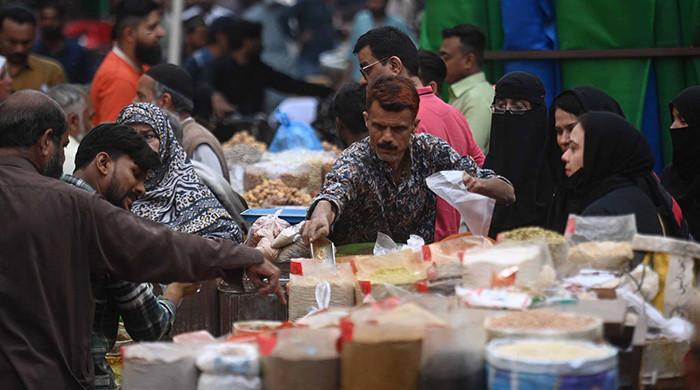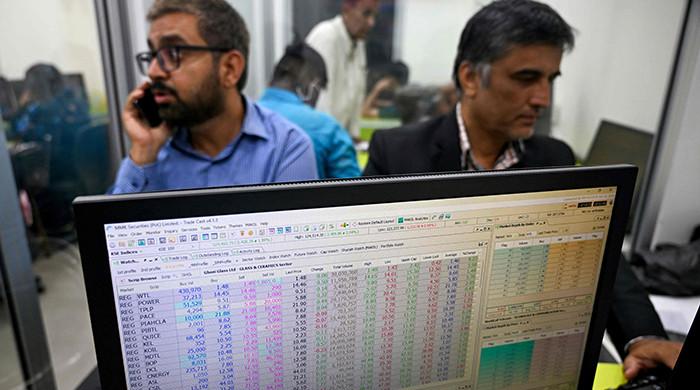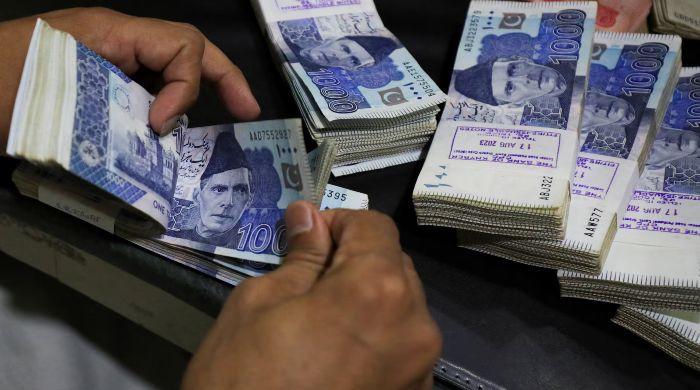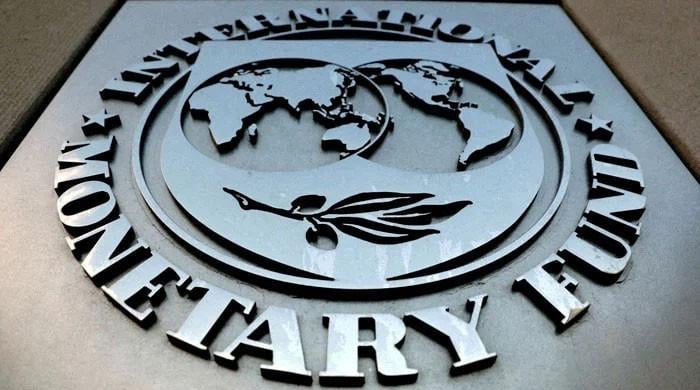IMF board meets on December 8 to approve $1.2bn for Pakistan
Lender’s visiting mission negotiating with Pakistani authorities on budget-making process, say official sources
November 13, 2025
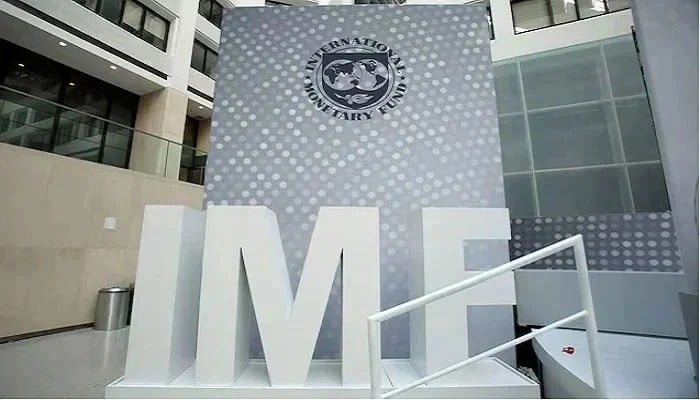
- $1.2bn disbursement expected to arrive on December 9.
- Tranche consists of $1bn EFF and $200m RSF.
- SLA reached on October 14 covering EFF and RSF reviews.
The International Monetary Fund (IMF) has scheduled an Executive Board meeting for December 8 to approve the disbursement of $1.2 billion to Pakistan under two concurrent programmes, with funds expected to land on December 9.
The tranche comprises $1 billion under the $7 billion Extended Fund Facility (EFF) and $200 million under the $1.4 billion Resilience and Sustainability Fund (RSF). The release follows a Staff-Level Agreement (SLA) reached on October 14 covering the EFF’s second review and the RSF’s first review. Upon approval, total disbursements under the two arrangements will rise to about $3.3 billion.
An IMF team led by Iva Petrova held discussions in Karachi and Islamabad from September 24 to October 8, and in Washington, DC, to conclude the SLA.
The Fund cited strong programme implementation and priorities that include sustaining the fiscal effort while supporting flood-affected households, keeping inflation durably within the State Bank of Pakistan’s target range, restoring the energy sector’s viability, and advancing structural reforms.
The IMF also said the RSF-backed climate agenda is progressing, noting that recent floods highlight the need for consistent, comprehensive reforms to reduce climate risk.
GCD report and reform asks
Ahead of the Board meeting, the IMF is pressing Pakistan to publish, and act on its Governance and Corruption Diagnostic (GCD) report.
Recommendations include making the Special Investment Facilitation Council fully transparent, creating a central registry of state-owned land and holding entities, conducting performance assessments of judges, publishing asset declarations of bureaucrats, and removing the Finance Secretary from the State Bank of Pakistan’s (SBP) board.
While the Finance Ministry cannot legally block publication, it has repeatedly delayed releasing the report, which was originally due by the end of July and has since seen multiple extensions. The report must be published ahead of the Board meeting that will determine the $1.2 billion disbursement.
Upon approval, the disbursement will bolster external buffers while supporting the programme priorities outlined in the SLA, fiscal discipline, inflation management within the SBP target range, restoring energy-sector viability, advancing structural reforms, and progress on the RSF-backed climate agenda.
IMF team in talks on budget-making process
Meanwhile, the visiting technical mission of the IMF has been negotiating with Pakistani authorities on the formulation of budget-making process and taking steps for the functioning of newly established Tax Policy Office (TPO) under the umbrella of Ministry of Finance.
“A visiting technical mission of the IMF has been negotiating the formulation of upcoming budget and scrutinising its whole process. The recommendations finalised in the technical mission could result in the placement of a structural benchmark after endorsement of the review mission of the IMF, scheduled to visit Islamabad in Feb/ March 2026,” top official sources confirmed while talking to The News.
The TPO, which came into being under the jurisdiction of the Ministry of Finance, will finalise its functioning process, and then the tax proposals might also be firmed up during the ongoing technical level parleys. The IMF’s upcoming review mission, expected to visit Islamabad in Feb/ March 2026, would then finalise tax proposals for the next budget 2026-27.
The IMF has dispatched its technical mission after receiving a formal request from Islamabad.
One top official said that the visiting technical mission would stay in Islamabad for a week to discuss the formulation of the budget process, including revenues and expenditures, and how the projection and forecasting of the budget on a medium-term basis could be made transparent by ensuring its traceability.
The visiting team will also be briefed on the formation of a high-powered committee to oversee the implementation of a digitalised Public Finance Management (PFM) master plan, which aims to improve transparency and accountability in budget formulation and execution.
The proposed changes are expected to address financial discipline, legal frameworks, medium-term planning, service delivery and corruption prevention under the budgetary framework.




